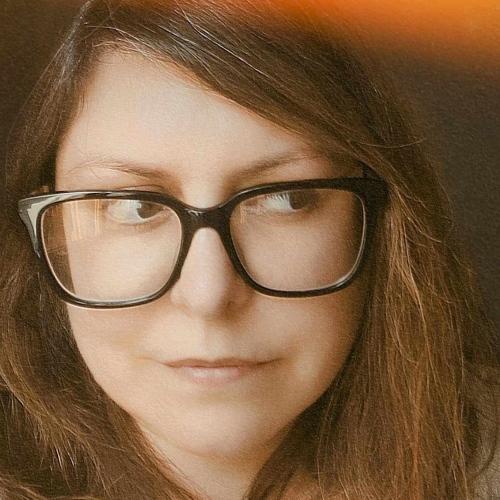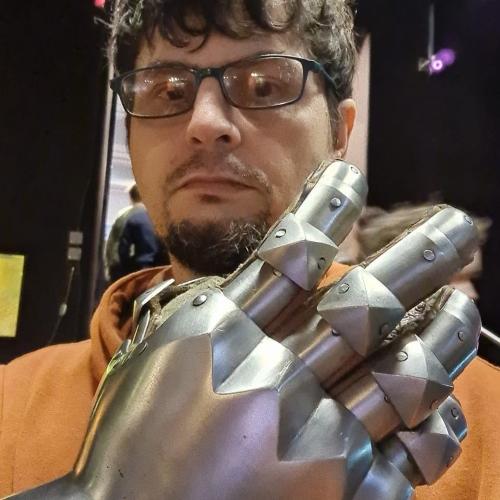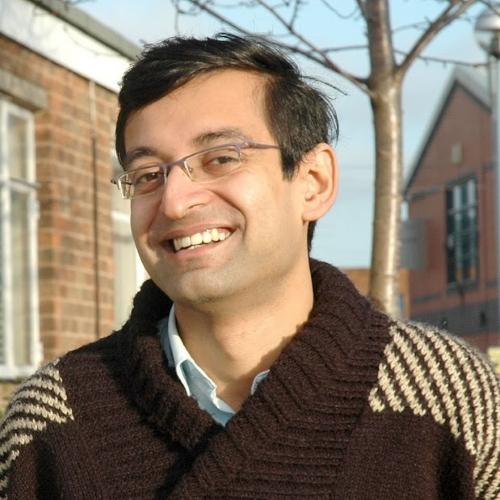About the Conference
The History of Games international conference series is a global initiative that seeks to act as a catalyst for academic research on gaming history. The conference brings together scholars, archivists, curators and enthusiasts in order to disseminate research / preservation initiatives and develop networks.
Previous editions were held in Montreal (2013), Copenhagen (2018), online (2020, 2022), and Birmingham (2024, with the theme Families of Games).
2025 Theme: The Nineties
The 1990s marked a turning point for both global culture and games. As digital technology rapidly advanced, 3D environments, CD-ROMs, and online gaming transformed how we played. The decade saw the rise of iconic titles like Doom, Tomb Raider, Pokémon, and The Sims, alongside breakthroughs in tabletop RPGs, collectible card games, and German-style board games. It was also a time of increasing academic interest in games, with early debates in game studies taking shape.
History of Games 2025 invites reflection on the technologies, genres, aesthetics, and cultural shifts that defined games between 1989 and 2001.
Full conference details are available on the conference website
Registration Form
Sign Up
Keynote Speakers

Magdalena Cielecka
Magdalena Cielecka is a game developer with over ten years of experience as a producer. She has worked on adventure games such as the Grim Legends series, Irony Curtain: From Matryoshka with Love, and the narrative RPG Gamedec. Currently, she is the Head of Production at Anshar Studios. She holds a Ph.D. in the humanities and wrote her thesis on dialogue structures in video games. A game studies scholar and educator, for over a decade she taught game design at the Jagiellonian University and Tischner European University (now SWPS University) in Kraków. From 2019 to 2022, she also served as Vice-Dean and coordinator of the Game Design program at Tischner European University. Magdalena is actively involved in the game development community. She has co-organized six international game studies conferences in Kraków and Katowice. Since 2024, she has been the curator of the videogame section of the Ars Independent Festival. She is also a member of the Digital Dragons Program Board and has served as a CEEGA juror for five years. In 2025, she received a special recognition award at the Digital Dragons Awards ceremony.

Tomek Kreczmar
Tomek Kreczmar is one of the key figures in the history of the Polish gaming industry. In the 1980s, as a teenager, he was active in the Polish science fiction and fantasy fandom and contributed to underground fan publications known as klubówki. In the 1990s, he worked at MAG Publishing House, a pioneering company that helped establish the Polish tabletop gaming market. He was instrumental in introducing major RPG titles to Poland, including Warhammer Fantasy Roleplay, Earthdawn, Werewolf: The Apocalypse, and Doomtrooper. He also served for many years as editor-in-chief of Magia i Miecz, the most influential Polish RPG magazine. Kreczmar co-created the tabletop role-playing game Wiedźmin: Gra wyobraźni and the collectible card game Thorgal. He also oversaw the Polish editions of Dungeons & Dragons 3rd and 3.5. In the early 2000s, he became head of Hyper, a television channel devoted to video games and technology—a position he held for over a decade. Working with a creative team, he developed several notable TV programs on games and pop culture. Later, he transitioned to video game development and co-created titles such as Floodland. He is also an author of multiple gamebooks, a translator of RPG rulebooks and video games, and a prolific writer of articles on science fiction, fantasy, and gaming culture. He has published two books: Byłem geekiem w PRL-u, a memoir of fandom and tech culture behind the Iron Curtain, and Kostki zostały rzucone, the first Polish history of role-playing games both worldwide and in Poland. Kreczmar holds master’s degrees in mathematics and philosophy, as well as an engineering degree in computer science.

Souvik Mukherjee
Souvik Mukherjee is an associate professor in Cultural Studies at the Centre for Studies in Social Sciences, Calcutta, India, and a pioneering game studies researcher from the Indian Subcontinent. His research covers diverse topics including video games and storytelling, video games as colonial and postcolonial media, gaming cultures in the Indian Subcontinent, and currently, Indian board games and their colonial avatars. Souvik is the author of three monographs: Videogames and Storytelling: Reading Games and Playing Books (Palgrave Macmillan, 2015), Videogames and Postcolonialism: Empire Plays Back (Springer UK, 2017), and Videogames in the Indian Subcontinent: Development, Culture(s) and Representations (Bloomsbury India, 2022). He is currently working on a book project about Indian board games and colonialism. He was named a ‘DiGRA Distinguished Scholar’ in 2019 by the Digital Games Research Association and became a Higher Education Video Game Alliance (HEVGA) fellow in 2022. He has served as a board member of DiGRA and is a founding member of DiGRA India and DHARTI, the Digital Humanities group in India. Additionally, he is an affiliated senior research fellow at the Centre of Excellence in Game Studies at Tampere University.
Conference Program
Download the Program (PDF)
Practical Info
Venue
The conference will take place at Gołębia 20, a historic building in Kraków’s Old Town. Home of the Faculty of Polish Studies, it is located near the oldest and most prestigious buildings of the Jagiellonian University. Although the venue dates back to the 15th century, it has been fully modernized and is accessible.
View the venue on Google Maps
Getting Around
Kraków is easily accessible by plane, train, and bus.
How to get to Kraków from the airport
A convenient train service connects Kraków Airport with the Main Train Station (Dworzec Główny).
Find train travel info
Avoid using taxis parked directly in front of the terminal — they are often overpriced. If you prefer to use a taxi, it’s best to order one by phone or via an app (details below).For pickup, choose Kiss&Fly parking (opposite the terminal entrance) or the Hilton Hotel entrance across the street.
Public transportation
To navigate the city, use the Jakdojade website or app for real-time connections.
- A 20-minute ticket (4 PLN) is usually enough for most rides.
- From the airport, choose a single-ride ticket (6 PLN).
- Tickets are available at vending machines (most stops and inside all trams and most buses).
- You can pay with coins, bills, or card — though most trams still require coins.
- Remember to validate your ticket as soon as you board.
Taxis
We recommend using the following reliable and reasonably priced taxi companies:
- Mega Taxi: +48 12 400 00 00 / +48 12 196 25
- iCar: +48 12 653 5555
Both offer mobile apps for easy booking.
You can also use international ride-hailing services such as FreeNow, Bolt, or Uber.
Accommodation
Kraków offers a wide range of accommodation options.
Budget-friendly:
Mid-range and up:
Kraków is a popular tourist destination, so you’ll find many more options through major booking platforms.
Useful resources
For additional information to help plan your stay, check out:
Organizers
Partner
Steering Committee
Co-presidents (elected in 2022):
- Victor Navarro-Remesal (Tecnocampus, Universitat Pompeu Fabra, Mataró, Barcelona, Spain)
- Kieran Nolan (Creative Arts Research Centre, Dundalk Institute of Technology, Ireland)
Program Committee
- Pierre-Yves Hurel (Université de Lausanne, Switzerland)
- Hiloko Kato (Universität Zürich, Switzerland)
- Maciej Nawrocki (SWPS University, Poland)
Organizing Committee
- Marta Błaszkowska-Nawrocka (SWPS University, Poland)
- Justyna Janik (Jagiellonian University, Poland)
- Magdalena Kozyra (Jagiellonian University, Poland)
- Tomasz Z. Majkowski (Jagiellonian University, Poland)
- Maciej Nawrocki (SWPS University, Poland)